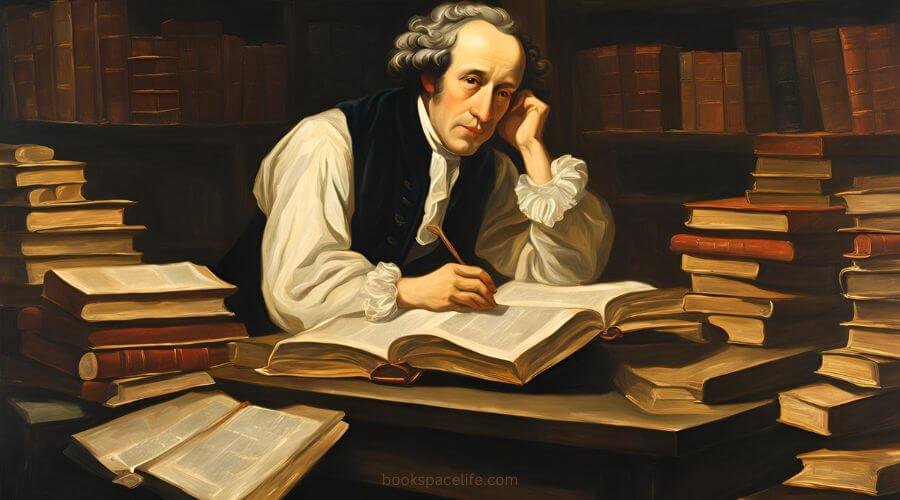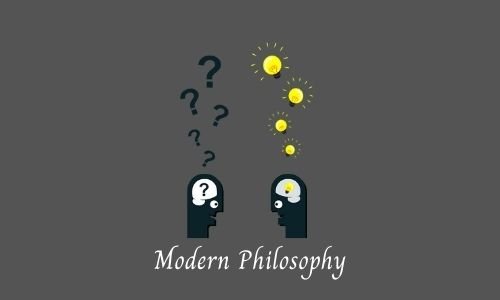Philo of Alexandria
Martin Buber : Dialogues with Humanity
Martin Buber (1878 – 1965 CE) was a renowned Jewish philosopher whose work has inspired generations to rethink the nature of relationships, identity, and spirituality.
Known primarily for his groundbreaking concept of I-Thou and I-It relationships, Buber’s philosophy offers profound insights into human connection, ethics, and the nature of God. This post will explore his life, travels, educational background, philosophical ideas, and the lasting impact of his work on both Jewish thought and philosophy at large
Table of Contents
(1) Early Life and Education
Martin Buber was born on February 8, 1878, in Vienna, Austria, into a Jewish family that was steeped in Jewish culture and tradition.
However, Buber’s early life was marked by upheaval. When he was three years old, his parents separated, and he went to live with his paternal grandparents in Lemberg (now Lviv, Ukraine).
His grandfather, Solomon Buber, was a noted scholar of Jewish literature and tradition, and his influence would have a lasting impact on young Martin’s intellectual development.
Living in a household surrounded by Jewish texts and rich cultural heritage, Buber developed a deep connection to Jewish mysticism, folklore, and Hasidic tales that would shape his later works.
Despite this traditional Jewish environment, Buber was also exposed to the broader intellectual currents of European thought.
He attended the University of Vienna and later the University of Berlin, studying a variety of subjects including philosophy, sociology, and art history.
In Berlin, he encountered the works of Friedrich Nietzsche and Wilhelm Dilthey, as well as influential thinkers like Wilhelm Windelband and Georg Simmel.
These encounters broadened his intellectual horizons and sparked his interest in existential questions and the nature of human relationships.
(2) Philosophical Influences and Travels
Throughout his early adulthood, Buber traveled widely, immersing himself in diverse intellectual and spiritual traditions.
His encounters with thinkers across Europe helped him refine his ideas about dialogue, community, and the nature of the self.
In his twenties, he became deeply involved in the Zionist movement, working alongside Theodor Herzl.
However, unlike many Zionists of his time, Buber emphasized cultural and spiritual renewal rather than just political aspirations.
For Buber, Zionism was a path to reinvigorate Jewish culture and identity, rather than merely a means to achieve a political state.
Buber’s travels brought him into contact with a wide range of thinkers, artists, and philosophers, as well as mystics and religious leaders.
This exposure reinforced his belief in the importance of dialogue across boundaries—whether religious, cultural, or intellectual.
His unique view of relationships and communication was profoundly shaped by these diverse experiences and interactions.
(i) The I-Thou and I-It Philosophy
Buber’s most famous philosophical work, I and Thou (1923), introduced the concepts of I-Thou and I-It relationships, which have become central to existential and humanistic philosophy.
- I-It Relationships: Buber described I-It as a form of interaction where one relates to others as objects or things to be used or experienced. In an I-It relationship, there is a sense of separation between the individual and the object or person, as well as a utilitarian perspective. Such relationships can be efficient, but they lack depth and mutual connection. For example, a manager who views employees solely as resources is in an I-It relationship.
- I-Thou Relationships: In contrast, I-Thou relationships are characterized by a profound sense of mutual presence and encounter. When two people engage in an I-Thou relationship, they experience each other as whole beings, not as objects. This connection transcends mere utility or function and involves genuine dialogue and openness. Buber saw this type of relationship as rare and sacred, one that brings individuals closer to God because it embodies the full presence and potential of human connection.
Buber argued that through I-Thou relationships, one can experience a deeper connection to life, humanity, and even the divine.
For Buber, God is the ultimate Thou, a presence that can be encountered in the relational space created when two beings meet with authenticity and openness.
This conception of God and spirituality was groundbreaking, as it shifted the focus from traditional doctrines to a relational and experiential form of spirituality.
(ii) Hasidism and Jewish Mysticism
Buber’s deep engagement with Jewish mysticism, particularly Hasidism, was a major influence on his philosophy.
He admired the Hasidic approach to spirituality, which emphasized a direct, personal connection with God and a joyful, participatory approach to worship.
Buber collected and translated Hasidic tales, sharing the wisdom and teachings of Hasidic leaders with a broader audience.
In works like Tales of the Hasidim, Buber highlighted the simple, yet profound, insights of Hasidic masters, who taught that God could be found in the ordinary and everyday interactions of life.
For Buber, Hasidic thought reinforced his belief in the I-Thou relationship. The Hasidic tales often illustrated moments of profound connection between individuals, as well as moments of encounter with the divine in unexpected, everyday places.
Buber’s appreciation of Hasidism also contributed to his vision of a Jewish identity that was deeply spiritual, inclusive, and rooted in community and relational ethics.
(iii) Influence on Zionism and Social Thought
While Buber remained committed to the ideals of Jewish identity and culture, his version of Zionism differed significantly from political Zionism.
Buber was a cultural Zionist who believed that the Jewish people could renew their identity and connection to their heritage through a cultural and spiritual revival.
He imagined a Jewish homeland in Palestine as a place where Jews and Arabs could live in harmony and mutual respect, working together to create a just and ethical society.
Buber’s vision was one of binationalism rather than nationalism. He was critical of the exclusive nationalism he saw in political Zionism and instead argued for a society based on cooperation, coexistence, and dialogue.
His ideas about Zionism influenced Jewish thought and spurred conversations about how Jewish identity could flourish in the modern world without compromising ethical ideals.
(3) Legacy and Influence in Philosophy, Psychology, and Religion
Martin Buber’s impact extended far beyond Jewish thought and Zionism.
His ideas on dialogue, ethics, and relationship have influenced a wide array of fields, including psychology, theology, education, and social work.
- Psychology and Counseling: Buber’s philosophy resonated strongly in the field of psychology, particularly in humanistic and existential psychology. His emphasis on genuine relationships and open dialogue inspired psychologists like Carl Rogers, who developed client-centered therapy. Rogers and others drew on Buber’s ideas to promote therapeutic methods that emphasize empathy, authenticity, and the power of human connection.
- Theology and Interfaith Dialogue: Buber’s relational view of God has inspired theologians across religious traditions. His concept of God as the ultimate Thou appealed to Christians, Buddhists, and others seeking a more experiential approach to spirituality. Buber’s emphasis on dialogue also contributed to interfaith conversations, encouraging respectful and open engagement between different faiths.
- Educational Theory and Social Work: In education and social work, Buber’s philosophy of dialogue has been applied to foster more collaborative, compassionate, and inclusive environments. His ideas on I-Thou relationships have encouraged educators and social workers to prioritize understanding and empathy in their interactions with students, clients, and communities.
Later Years and Final Reflections
In the later years of his life, Buber moved to Jerusalem in 1938, where he taught at the Hebrew University.
Living in Palestine allowed him to engage directly with the cultural revival he had envisioned for the Jewish people, although he remained critical of the political conflicts surrounding the creation of a Jewish state.
His commitment to dialogue and coexistence remained steadfast, even as tensions grew.
In his last years, Buber continued to write and lecture, sharing his ideas with students and intellectuals around the world.
His reflections on spirituality, community, and the ethical demands of living in a fragmented world resonated with a generation that had witnessed two world wars and the horrors of the Holocaust.
He died on June 13, 1965, leaving behind a profound legacy.
(4) Conclusion: Buber’s Enduring Impact
Martin Buber’s life and philosophy continue to inspire those searching for deeper meaning, compassion, and connection.
His ideas on I-Thou relationships challenge us to engage with each other and the world in ways that are respectful, authentic, and open-hearted.
In a world where divisions—cultural, political, and personal—often seem insurmountable, Buber’s work reminds us of the power of dialogue and the possibility of genuine encounter.
His contributions to Jewish thought, psychology, education, and interfaith dialogue have left an indelible mark on each of these fields.
Buber’s commitment to coexistence, understanding, and spirituality offers a vision of humanity united by shared ethical values and mutual respect.
In essence, Martin Buber’s philosophy of dialogue speaks to the very heart of human existence.
His work calls us to approach one another with empathy, to see each other as partners in the journey of life, and to find, within the spaces of our relationships, glimpses of the divine.








